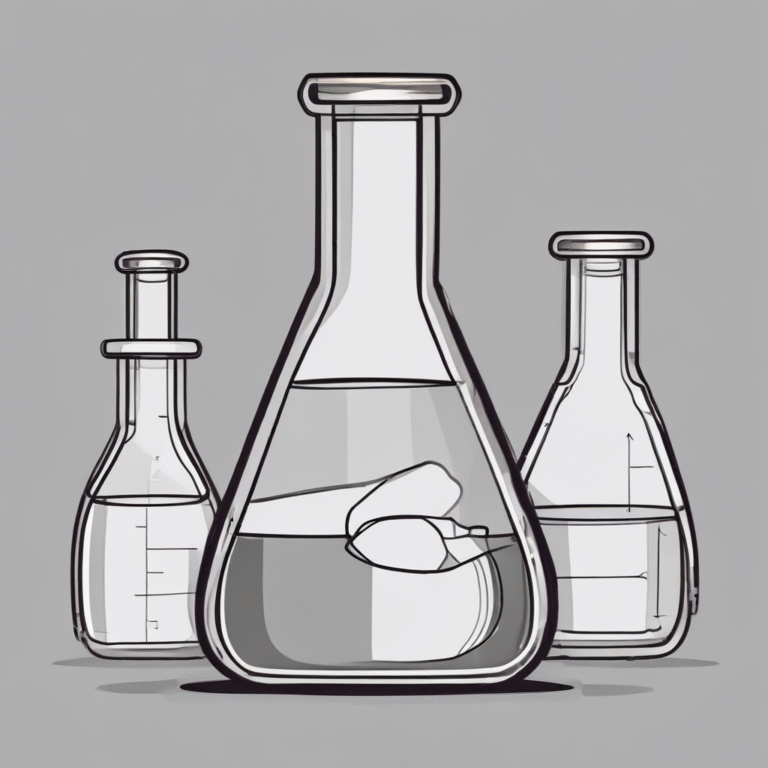An Example AI Readiness in Pharma Assessment Framework
Artificial intelligence is poised to transform every corner of the pharmaceutical industry—from molecule discovery and clinical trials to marketing, pharmacovigilance, and beyond. However, in a field where human lives are at stake, scientific rigor and regulatory trust are non-negotiable. This framework outlines the imperative for AI readiness, emphasizing the need for precision, ethics, and accountability in AI adoption.
AI in Pharma — Moving Fast Without Breaking Trust
AI brings undeniable promise: it can surface patterns in patient data that would take years to uncover, optimize trial recruitment across diverse populations, and even predict adverse events before they happen. Yet, it introduces risks such as black-box models that evade regulatory scrutiny and datasets that reinforce bias. This highlights the necessity of a structured approach to ensure that every use of AI aligns with patient safety, scientific integrity, and legal compliance.
AI Readiness in Pharma Assessment Framework
Regulatory Alignment & Compliance Preparedness
For pharmaceutical companies, regulatory oversight is crucial. Every AI initiative must align with evolving global standards from regulators like the FDA, EMA, and PMDA. AI readiness means designing with compliance baked in, including:
- Generating model documentation equivalent to a deployment-ready validation report.
- Ensuring AI systems meet Good Machine Learning Practice (GMLP) guidelines.
- Mapping AI models to existing quality management systems (QMS).
- Conducting proactive audits on AI tools.
Forward-thinking companies prepare for a future where AI-driven tools face the same scrutiny as new drugs.
Clinical Trial Optimization with Ethical AI Use
Clinical trials are essential for pharmaceutical innovation but often face challenges. AI offers a path to optimization, yet its use must be ethical and transparent. AI readiness in clinical trials involves:
- Validating AI-assisted recruitment tools for fairness and inclusivity.
- Optimizing trial protocols while considering patient burden and real-world feasibility.
- Ensuring informed consent processes are clear and comprehensive.
It is critical that investigators retain decision-making authority, keeping humans in control of AI applications.
Data Integrity, Provenance & Model Validation
AI systems depend on high-quality data. In pharma, data integrity is foundational for AI readiness. This includes:
- End-to-end data lineage tracking to validate outcomes.
- Bias audits to detect and correct imbalances in datasets.
- Version control and dataset locking for reproducibility.
Without rigorous validation, AI tools may perform well in labs but fail in clinical settings.
Scientific Integrity & AI-Augmented Discovery
AI is transforming drug discovery by accelerating hypotheses and reducing iterations. However, scientific integrity must govern AI’s use in this space. Key elements of readiness include:
- Algorithmic transparency for AI-generated results.
- Peer review of AI-generated hypotheses to ensure accountability.
AI tools should enhance human insight, not replace it.
Patient Privacy, Consent & Safety in AI Systems
Pharmaceutical companies handle sensitive health data, making patient privacy a priority. AI readiness includes:
- Robust de-identification controls for health data.
- Dynamic informed consent protocols that adapt over time.
AI must prioritize patient rights and ethical use of data.
Pharmacovigilance & Post-Market AI Monitoring
AI plays a vital role in post-market surveillance, detecting safety signals and real-world outcomes. Readiness involves:
- Automated signal detection with structured human escalation processes.
- Bias detection to ensure all populations are represented.
AI systems in pharmacovigilance must continuously recalibrate and respond to evolving data.
AI Governance in Drug Development Pipelines
AI integration into drug development requires proper governance to prevent inconsistencies and regulatory issues. Readiness includes:
- Centralized AI inventory for documentation and oversight.
- Embedded review points across lifecycle stages to ensure compliance.
AI governance ensures that every AI-enabled insight maintains scientific integrity.
Workforce Readiness & Scientific AI Literacy
AI readiness is not just about technology; it’s about the workforce. Training programs should focus on:
- Scientific AI literacy for domain experts.
- Pharma literacy for AI practitioners to understand regulatory environments.
Building a cross-functional understanding of AI helps embed it into organizational culture.
Ethical AI Use in Sales, Marketing & Engagement
AI’s role in pharmaceutical commercialization comes with ethical considerations. Readiness involves:
- Guardrails for predictive targeting to prevent algorithmic bias.
- Compliance-safe personalization in marketing strategies.
Ensuring human accountability in AI use is vital to maintain trust in the pharmaceutical industry.
Future-Proofing: AI Scalability, Vendor Risk & IP Protection
AI adoption must be scalable across products and regions. Future readiness includes:
- Modular AI solutions that adapt to various uses.
- Vendor risk mitigation strategies to prevent dependencies.
Protecting intellectual property generated by AI insights is also crucial.
Conclusion
AI is transforming the pharmaceutical industry at an unprecedented rate. However, the cost of getting AI wrong is significant. Therefore, AI readiness is mission-critical, ensuring that:
- Data is auditable and aligned with regulatory standards.
- Clinical trials protect participant rights.
- AI enhances discovery transparently.
- Ethics prevail in sales and marketing.
This framework equips organizations to scale confidently, adapt resiliently, and govern responsibly in the evolving AI landscape.









